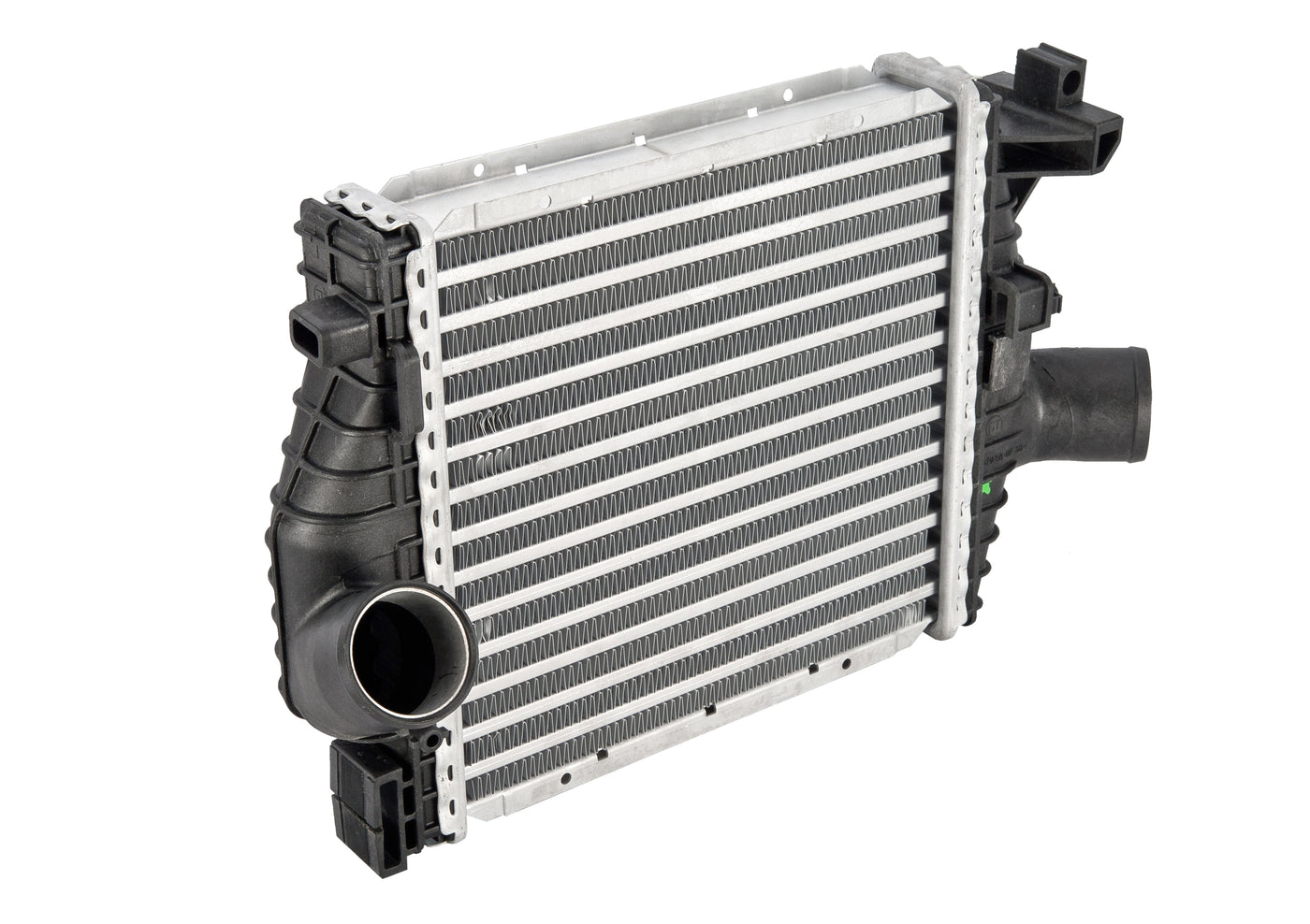
Radiator failures are one of the most common reasons for breakdowns but are actually very easy to avoid. Their function is essential because they cool down the engine and prevent it from overheating.
How do they work?
Radiators cool the engine by feeding coolant through the engine. The system is entirely circular:
Radiators are often installed with an axial fan to drive air into the radiator and a water pump to force the coolant to circulate.
Ways to care for car radiators
This section looks at different problems that car radiators typically encounter and suggestions for how to prevent it.
Low coolant Levels
Coolant is a mixture of water and anti-freeze. The anti-freeze means that the water won’t freeze at sub-zero temperatures. It also raises the boiling point. It is absolutely essential that coolant levels are checked regularly. If they are low then they will not pump a sufficient amount of liquid through the engine and radiator. This means that the engine’s temperature will continue to rise until it overheats and breaks down.
Coolant levels should be checked every month and refilled after every radiator service. On most modern cars, there is a coolant gauge next to the speedometer.
If coolant levels seem to reduce quickly then there may be a more dangerous problem that needs addressing. There may be a leak in the head gasket or heater-core. For these problems, its advised to visit a mechanic immediately.
Radiator Material
The radiators of older cars are often made from copper or brass because they conduct heat well. However, these materials have become more expensive in recent times. Most new cars will have radiators made from aluminium. This is cheaper and actually conducts heat far better than copper or brass. If you’re installing a new radiator in your car then make sure that it is aluminium because it will certainly last longer.
Faulty radiator caps
This is one of the most common problems that occurs with malfunctioning radiators and often overlooked. The cap covers the hole where coolant can be manually filled. However, if it is not screwed back on properly then coolant can leak through vapor. Furthermore, it lowers the air pressure and makes it harder for the water pump to keep supplying the engine with coolant. Sometimes radiator caps can simply become too old to screw on as tightly as needed. This should be checked and, if that is the case, they are very cheap and easy to replace. Just ask at your nearest repair garage.
Clogged radiator
Radiators can easily become clogged by objects such as dead insects, dirt, dust and small debris such as pebbles and stones. External clogs can easily be spotted by opening the bonnet and observing the radiator. If there are obvious signs of clogging, then simply remove them with a suitable cloth.
Sometimes clogs can be internal which are more difficult to deal with. When the engine is cool, open the radiator cap and shine a light into the coolant tank. If there is a brown discoloration or visible pieces of floating dirt, then the coolant will need to be completely drained and replaced. Clogs will happen naturally, and radiators are designed to deal with them but in order to prevent clogs from becoming dangerous, radiators should be serviced at least once a year.
Blocked Thermostats
A thermostat is an essential valve which transports the heated coolant from the engine back into the radiator. Thermostats can often get jammed shut and cause huge problems to an engine because it means that the coolant is not able to re-enter the radiator and reduce its temperature. In turn, the engine overheats and fails to function. If none of the other above problems are apparent then there may be a jam in the thermostat. Take your car to the local garage and they will easily be able to replace it for an inexpensive price.
Conclusion
Overheating of engines can cause serious problems to the functionality of a car and cause problems in all sorts of automotive parts. However, caring for a car radiator is actually very simple. By following this advice your radiator will last much longer and you’ll hopefully never find yourself broken down on the side of a highway!